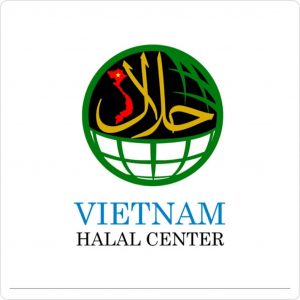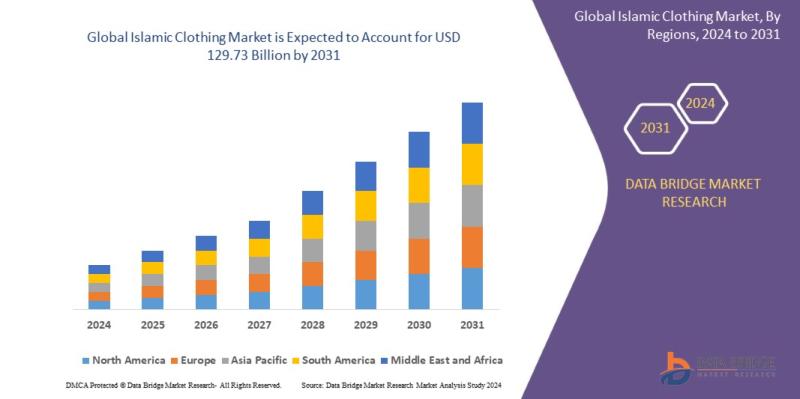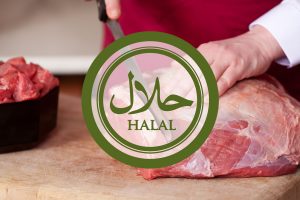As a market of 1.6 billion people that has scarcely been tapped, the Muslim world offers enormous potential. Although Muslims are dispersed across the world and do not form a concentrated geographical bloc, they offer a vast market based on religious homogeneity. That uniqueness, with Islamic-based principles and rules embedded in daily activities, makes entry into the market difficult and calls for cautious consideration, but once a foothold is established, the chances of success are high.
Demographics and consumption habits make the Muslim market attractive to companies who are willing to navigate the religious and cultural considerations.
The Muslim market’s vast population is fueled by a high birthrate that Islam encourages, creating a huge niche market that can be targeted over a lifetime, from infancy to childhood to adulthood. Western countries are included in the ballooning population. The number of Muslims in Germany is 4.7 million, France 3.55 million, the United States 2.45 million and the United Kingdom 1.65 million. This has produced the new term “Eurabia,” a portmanteau of Europe and Arabia. Another demographic feature is that Muslims heavily populate emerging market economies that have ample resources, including Indonesia, Malaysia, Russia and countries in the Middle East.
Despite the austere image of Islamic living, robust spending is not entirely absent. Muslims who have deep pockets display a high propensity to consume, not only to satisfy their basic needs but to get premium products such as luxury houses and cars. Robust consumption also can be traced to Muslims placing importance on wasta, an Arabic word that loosely translates into “clout” or “connections,” and has connotations of strong group consciousness. These features can facilitate the spread of trends in private spending.
Meanwhile, Ramadan, the Islamic month of fasting, is actually the month of highest consumption throughout the Muslim world. Ramadan requires followers to refrain from eating, drinking and smoking from dawn to dusk. After sunset, families gather for huge meals that will sustain them until sunset the next day, making the holy month a period of vast consumption.
Ramadan makes for an easy target for a marketing campaign, though companies must first be in position – and that is not easy, given the unique Islamic restrictions and cultural practices. However, the chances for success are high once companies tap into this market.
One of the potential markets in Islam is clothing and fashion, where religious restrictions must be considered. Veils are the symbol of religious identity for Muslim women. In the past, veils were uniformly dark and plain. But today the styles and colors of the veils are fancy and bright. Since it is not necessary to cover the eyes with a veil, many Muslim women also are changing their makeup methods. This allows companies to devise strategies for advancing into this market.
However, since Islam prohibits worshipping idols, companies must be cautious when designing, packaging and advertising their products. Companies should not violate such prohibited practices for product and mannequin displays in stores. Gala Lab, a Korean online game company, advanced into the Middle East in 2009, and in the process remade character designs and background music while deleting crosses and stars. Its online game garnered a positive response in the Muslim market.
The second potential market is food and beverages. Here, getting certification under halal standards is crucial. In Arabic, the word halal means permitted or lawful. Halal foods refer to meat, seafood, fruit and vegetables properly slaughtered, known as dhabihah, by a Muslim according to Islamic rituals. Haram means “prohibited” or “forbidden” by Allah for Muslim consumption, including certain meats, seafood, fruits and vegetables and alcohol. In Islam, coffee and tea are popular due to the ban on alcohol consumption. Therefore, in order to make inroads into the Islamic market, raw materials need halal certification.
Nestle saw the Muslim market’s potential early on and advanced into the market, becoming a leading global firm in halal food. Yakult, a Japanese probiotic yogurt drink firm, acquired halal certification, expanding into 11 Muslim countries.
More recently, regulations on food and beverages widened to include pharmaceuticals and cosmetics. Halal cosmetics are gaining popularity, with Muslims and also with vegetarians and the environmentally-conscious.
The third potential market is the financial sector. Islamic banking bans the payment or acceptance of interest on loans and operates based on real transactions. Against this background, the Islamic financial sector fared well during the financial crisis in 2008. HSBC Amanah, a global Islamic financial division under the HSBC Group, was named best international Islamic Bank by Euromoney magazine. It introduced a unique brand for Muslims to accommodate their religious practices and ensured their convenient use of financial services.
Korean companies have been relatively inactive with making inroads into the Islamic market due to geographic and cultural distances. More aggressive advance strategies will be necessary for success.
*The writer is a research fellow at Samsung Economic Research Institute.
By Lee Dong-Hun



